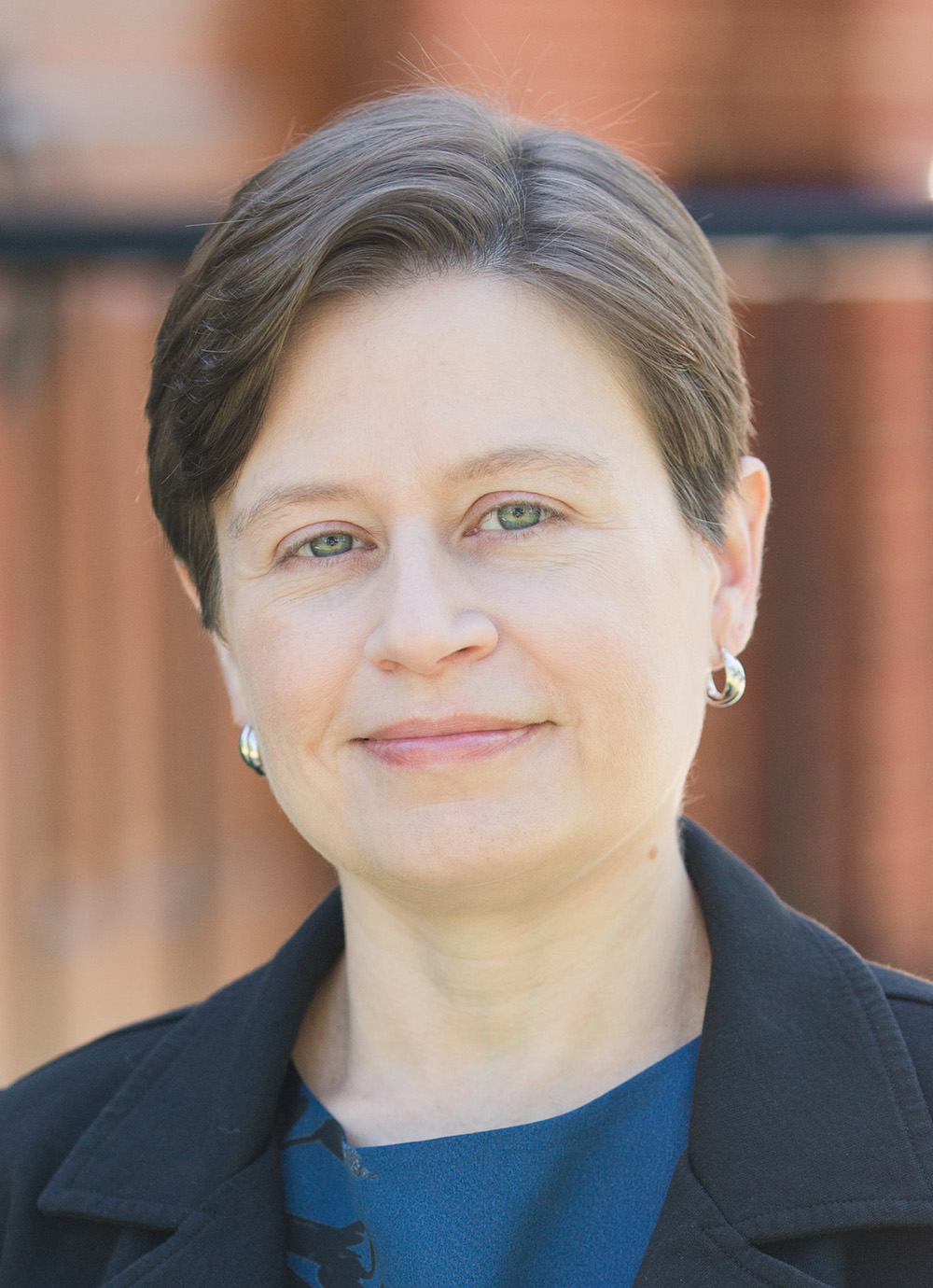My 9-year-old son has formally declared sleep his nemesis.
“It’s so boring,” he complains. “I have too much I want to do.”

Laura Stephens-Reed
He is, and always has been, wide awake and ready to play or create by 5:00 a.m. He uses every tactic at his disposal to delay bedtime. Meanwhile, I just hope to stay upright until I can drift off on the couch after dinner.
As you can tell, I am tired. I know the pandemic brought a sense of weariness to every blessed soul, but my exhaustion is not just about that. It’s also about the good yet hard work of parenting and running my own clergy and congregational coaching practice.
But my fatigue does not even come close to that of many clergywomen I know — not that it’s a competition. Many of them are careening toward burnout. The reasons are legion: Pandemic, pastoring, and sometimes parenting, sure. But the work of the pastorate has become increasingly bulky and complex. Ministers who took on a lot of extra work during the height of COVID-19 are having a hard time handing tasks back over to a laity who is also tired and, as a result, showing up less frequently.
“Ministers who took on a lot of extra work during the height of COVID-19 are having a hard time handing tasks back over to a laity who is also tired and, as a result, showing up less frequently.”
Some churches that weathered the pandemic well financially are now feeling the pinch of inflation, which means staff reductions, which in turn means more responsibilities on the pastor’s plate. And the larger cultural and political landscape is only becoming more divided, making it both imperative to speak to injustice and harder for pastors to preach and teach in ways their congregations are able to hear.
So far, what I’ve described is true for all clergy. But all the dynamics above become increasingly weighty as more layers of privilege are stripped away. Women feel the weight of the above more than men, because even in the Year of Our Lord 2023, we are still having to prove we belong in the pulpit.
People of color daily face the micro and macroaggressions that grow out of white supremacy, which has re-emerged from the shadows over the past few years. Those who identify as LGTBQ are in a daily fight for their right to live as the people they know themselves to be. People the world labels as disabled are asked to prove their worth in an economic system that prizes efficiency and output above all else.
None of these burdens put upon these groups by someone or something else is lightweight.
What are tired folk to do? Minister Tricia Hersey, popularly known as “the Nap Bishop,” says the way forward is to rest. In her book Rest Is Resistance: A Manifesto, Hersey describes how we have all been worn down by grind culture, which is a hyperfocus on what we do and what we produce. That is how our value is calculated. That is how we prove we deserve to be here.
Grind culture feeds and feeds on white supremacy, patriarchy, ableism and so many other ills that keep us all locked in dehumanizing systems. But if we stop, if we rest for rest’s sake, not because we’ve earned it or because it will refuel us to get back to the grind, we are better poised to move toward our own and others’ thriving and liberation.
“It seems counterintuitive that rest is key for eradicating oppression.”
It seems counterintuitive that rest is key for eradicating oppression. After all, change takes effort. How much more impact might our efforts have, though, if our bodies and minds have time to refresh and we’re able to come back to the work with more energy and ideas?
Taking a break is easier said than done, to be sure. We’ve all got bills to pay and responsibilities to fulfill. Hersey doesn’t deny these realities. She notes she created her Nap Ministry as a Black queer woman working multiple jobs while taking on a full graduate student class load. She had loads of student debt, a young child to care for and a spouse who worked overtime to pay the rent. And yet, she is convinced a rhythm of regular rest saved her life during that particularly taxing time.
The rest Hersey encourages can take many forms. It can include more sleep, but it’s not limited to that. It can be daydreaming, breathing deeply, spending time in or with beauty, moving our bodies in ways that feels restorative, or doing things that soothe — like wrapping up in a blanket, drinking a mug of hot tea or taking a lingering bath instead of simply a utilitarian shower. If it is something that doesn’t require our bodies or minds to be “on,” it qualifies as rest.
When we get this rest, we are more present to ourselves, one another and God. What this re-connection rest affords us is the root of liberation. When we have the space to notice God’s image reflected in everyone we meet, we cannot help but want good for them. When we have replenished our reserves, we have the capacity to show up alongside all the people made in God’s image and advocate for that good.
This noticing, this deep valuing, takes us back to the world as God intended it.
In Genesis 1 we find God creating the world a task or two at a time, calling it a day (“Ooh, that’s good,” as in beautiful and cherished, but maybe also as in, “That’s good enough work for today”), and then picking up the next morning where the previous evening left off. When God makes humankind — all humankind — in God’s image, God makes us caretakers of all creation. With those relationships in place, God puts a pin in creation and takes the day off.
This Sabbath is not a postscript. It is not laziness. It is not a reward for martyring ourselves on the altar of productivity. It is not a crash in order to get back to the hamster wheel on Day 8. It is part of the world’s design, and it is a gift to us all. The first humans did nothing to earn it, did nothing even to be called “good” by God. God just wanted to delight in all God made and invites us to do the same.
What, then, is the rest you need in order to tap into your belovedness and to tune in to the belovedness of others? Start simple and build from there, because it will feel strange to your weary bones and overloaded mind.
Lent is a great time to experiment with rest as a spiritual discipline, because rest is a way of removing the obstacles to our relationship with God and preparing ourselves for the compelling message of Easter.
I’ll be making more space for rest this season. Maybe, with the Spirit’s help, I’ll even convince my son to do the same. Won’t you join me?
Laura Stephens-Reed has been in ministry for 20 years, serving in a variety of roles and contexts. Her ministry now consists of coaching clergy and congregations through all kinds of transitions with faithfulness and curiosity. Laura is based in Northport, Ala., but she works with pastors and churches all over North America and across 17 denominations.
Related articles:
Better to have fasted and failed than never to have fasted at all | Opinion by Jakob Topper
During Lent, I’m learning to walk with a limp | Opinion by Chris Conley
TikTok trends and three questions you and your church should ask this year about rest | Analysis by Laura Ellis


